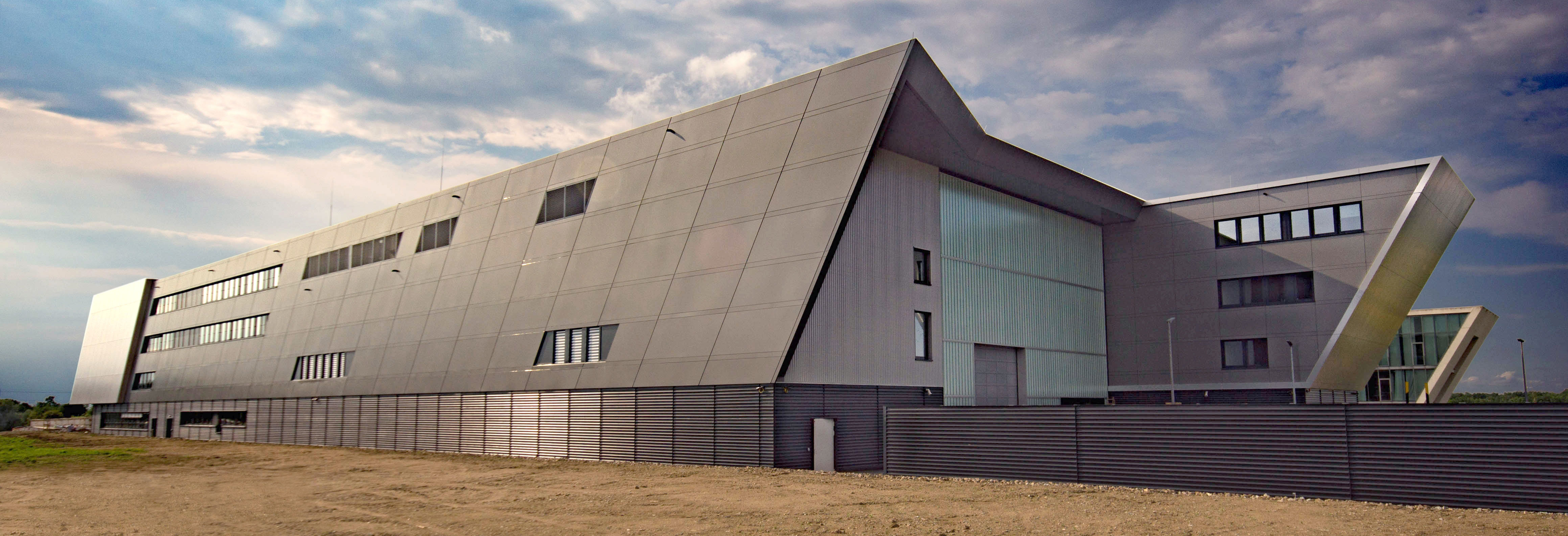The Fraunhofer Center Circular Economy for Mobility CCEM in Wolfsburg: Resource-efficient lightweight construction, flexible production and future interior for future mobility carriers
The transportation industry is facing massive challenges. Whether cars, ships, planes or trains, eco-friendly and climate-compatible mobility requires more efficient mobility solutions, resources efficient production technologies as well as holistic mobility concepts for new utilization concepts. There are several possible solutions: alternative drive systems, automated processes, digitization and networking, autonomous driving.
Another approach is to reduce the weight of vehicles and use multimaterial solutions made from renewable and sustainable raw materials. The strategic application of multimaterial solutions and modular smart interiors offers high potential for further developments and extensive use in mobility carriers. At the same time, progress in digitally networked manufacturing processes for hybrid components accelerates the use of these new lightweight materials.
The Fraunhofer Center Circular Economy for Mobility CCEM is specialized on bio based, multifunctional lightweight structures for all transport types and focuses on three major research fields based on the development of new alternate drives for electric or hydrogen propulsion and customization of interior with respect to a resource efficient and smart lightweight design, networked manufacturing processes and functional integration:
- Flexible production
- Battery module construction
- Future Interior
 Fraunhofer Institute for Manufacturing Technology and Advanced Materials IFAM
Fraunhofer Institute for Manufacturing Technology and Advanced Materials IFAM